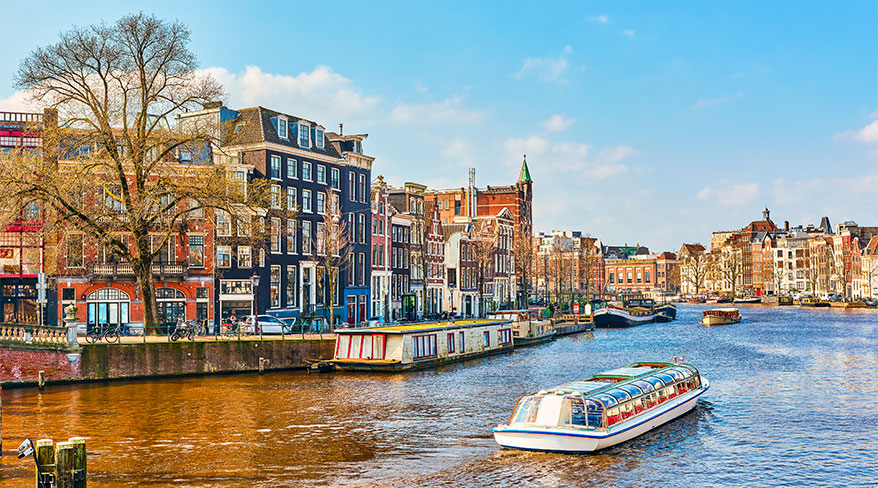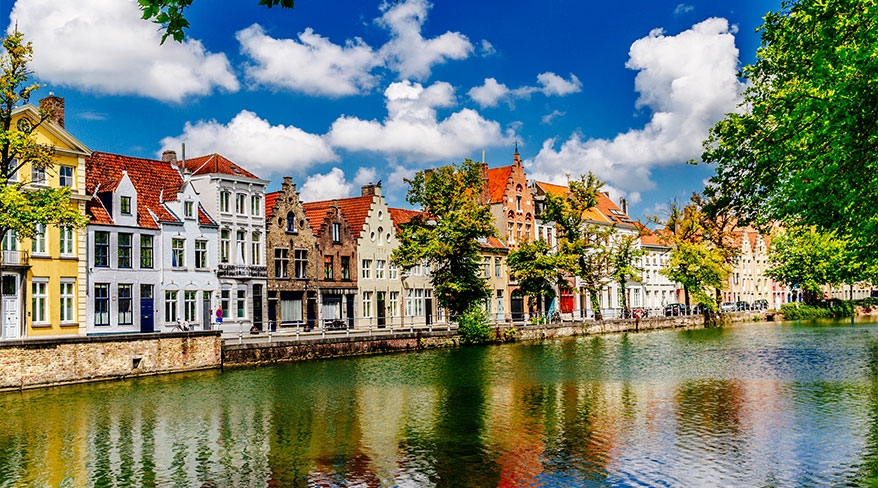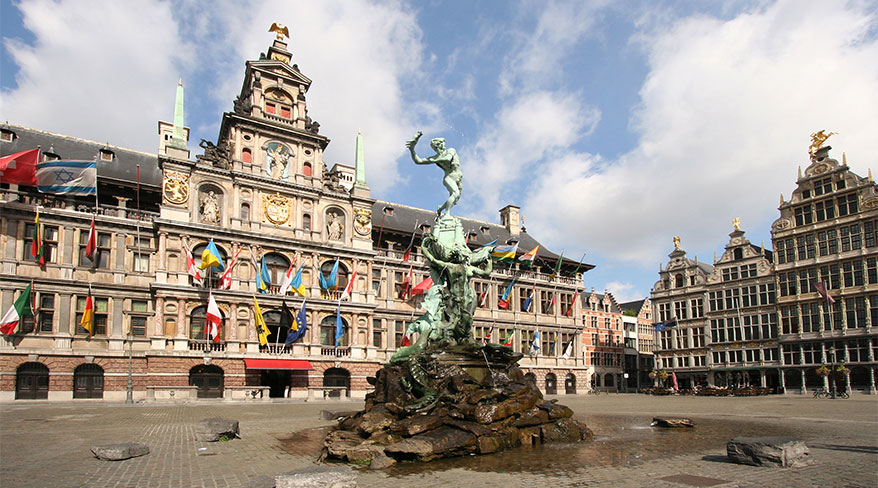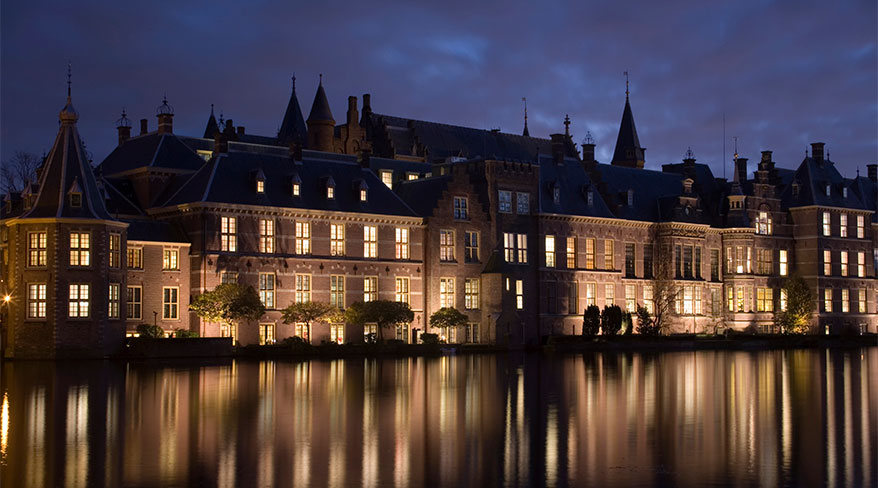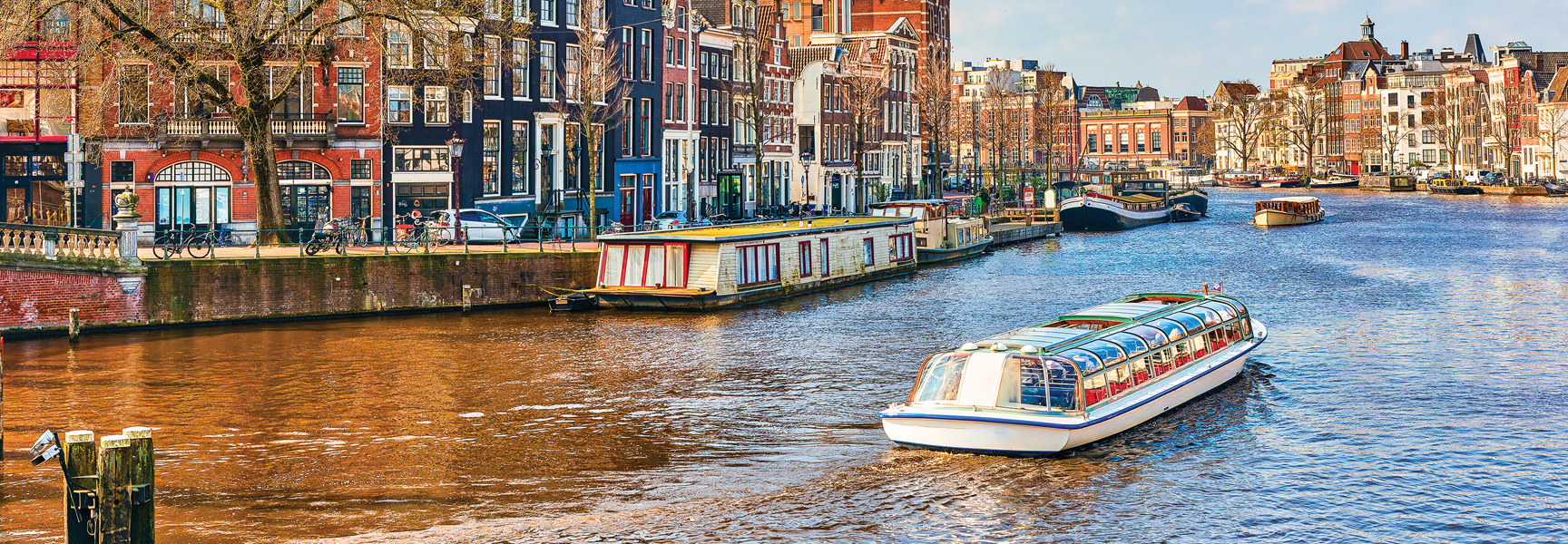
Online Program
Adventures Online: Crossroads of Europe: Art & History of the Low Countries
Program No. 25142RJ
See More Photos
Itinerary
While we make every effort to ensure the accuracy of our published materials, programs are typically advertised more than a year prior to their start date.
Day
1
Burgundy & The Roots of Prosperity
Location:
From the comfort of your own home.
Orientation
Orientation and Introductions
As we meet our staff, we will have a brief overview on how to use Zoom, the program’s topic, guidelines, and the daily schedule.
Session 1
Bruges and the Dukes of Burgundy
(Lecture)
An introductory lecture to the emergence of the Low Countries as a major trading centre in the Middle Ages. We will look at the rise of Bruges, from swampy backwater to cosmopolitan marketplace and examine the influence of the Dukes of Burgundy, who settled in the city. Their generous patronage of the arts helped the creation of a radical new painting tradition, which continues to inspire and fascinate.
Break
Break
Take some time to stretch, relax, and prepare for our next lesson.
Session 2
Burgundian Treasures
(Field Trip)
We will take a tour of Bruges to explore how its built environment reflects the legacy of its prosperous past. Highlights include the precursor to the stock exchange and the beautiful town hall. We will also explore the collection of paintings by Flemish masters in the city’s Groeninge Museum.
Ghent
(Field Trip)
Our field trip takes us to the city of Ghent, which rivalled Bruges as a medieval centre of trade and craftsmanship. Will will also explore the city’s waterways and warehouses and we will learn about one of Europe’s greatest artistic treasures: Van Eyck’s “Adoration of the Mystic Lamb.
Wrap-up
Daily Wrap-up
We will end with a review of the topics we have discussed today and a preview of what’s ahead for tomorrow.
End of Day
Today's session will end.
Day
2
The Dawn of a New Empire
Location:
From the comfort of your own home.
Session 1
Welcome
Greet everyone and review the day's schedule.
The Rise of Antwerp
(Lecture)
In the 1500s, Bruges begins to decline and Antwerp takes over as the region’s economic hub. Now part of the Spanish Empire, the city is a major centre of trade, textile manufacturing and publishing. Its wealth is and creativity are unparalleled, yet tensions are lurking.
Break
Break
Take some time to stretch, relax, and prepare for our next lesson.
Session 2
Rubens Huis
(Field Trip)
We will visit the Antwerp home of Peter Paul Rubens, one of the most important painters of the Baroque period. We will discover how the city influenced his work and what his status reveals about Antwerp’s role within the Spanish Empire.
Brussels Grand Place
(Field Trip)
Our field trip takes us to Brussels, the political centre of the Spanish Netherlands. We will explore remnants of royal authority and see the power and wealth of the city’s trade guilds.
Wrap-up
Daily Wrap-up
We will end with a review of the topics we have discussed today and a preview of what’s ahead for tomorrow.
End of Day
Today's session will end.
Day
3
Rebellion & Independence
Location:
From the comfort of your own home.
Session 1
Welcome
Greet everyone and review the day's schedule.
Seven Unruly Provinces: The Birth of the Dutch Republic
(Lecture)
In 1579, seven rebellious provinces in the northern part of the Spanish Netherlands united in confederation and declared their independence from Spain. This radical act would lead to the creation of the Dutch Republic and form a dividing line between Catholics and Protestants that would lead to the two modern nations of Belgium and the Netherlands.
Break
Break
Take some time to stretch, relax, and prepare for our next lesson.
Session 2
The Hague
(Field Trip)
The Dutch Republic was a loose confederation with no real capital, but the States General has met in The Hague since 1588. We will explore the historical political centre of the Netherlands and learn about its unique constitutional arrangements.
Delft
(Field Trip)
Our field trip takes us to the city of Delft, which has long associations with the royal House of Orange: royals continue to be buried in the city’s Nieuwe Kerk. We will explore Delft’s role in the country’s 17th-century economic boom and learn about the historical importance of its famous blue and white porcelain.
Wrap-up
Daily Wrap-up
We will end with a review of the topics we have discussed today and a preview of what’s ahead for tomorrow.
End of Day
Today's session will end.
Day
4
Dutch Golden Age
Location:
From the comfort of your own home.
Session 1
Welcome
Greet everyone and review the day's schedule.
Dutch Golden Age: Untold Riches
(Lecture)
Starting as the rebellious output of a larger empire, within a generation the Dutch Republic would dominate the seas, control global shipping and the spice trade and innovate in finance, insurance and corporation law. By the middle of the 17th Century, the Netherlands was not only the most prosperous country in Europe, but the richest in history. We will learn how this came to be and how it ushered in a golden age for Dutch art.
Break
Break
Take some time to stretch, relax, and prepare for our next lesson.
Session 2
Amsterdam
(Field Trip)
Amsterdam was the principal beneficiary of the country’s maritime trade and became the undisputed centre of global trade. We will visit its world heritage network of canals or “grachtengordel” to see how it reflects the wealth of the city’s merchants and the incorporation of Renaissance ideas of urban planning.
Rijksmuseum
(Field Trip)
A visit to the Rijksmuseum to come face to face with the artists that captured the Golden Age.
Wrap-up
Daily Wrap-up
We will end with a review of the topics we have discussed today and a preview of what’s ahead for tomorrow.
End of Day
Today's session will end.
Day
5
Belgium – From Independence to Capital of the European Union
Location:
From the comfort of your own home.
Session 1
Welcome
Greet everyone and review the day's schedule.
Belgium: Europe’s First Industrial Nation
(Lecture)
Inspired by the French revolution of July 1830, Catholic Belgium secedes from the Netherlands. Bolstered by a fiercely liberal constitution, Belgium becomes the first industrial country in continental Europe. The wealth and confidence of the new middle classes give rise to Art Nouveau architecture.
Brussels in the 19th Century
(Field Trip)
In this field trip we will explore the unique architectural charms of Brussels in the 19th Century and examine how the city transformed from provincial centre to national capital.
Break
Break
Take some time to stretch, relax, and prepare for our next lesson.
Session 2
War and Peace
(Lecture)
The outbreak of WWI devastated Belgium, as the fields of Western Flanders became the killing fields of trench warfare and mustard gas. The national trauma would be repeated during the German occupation in WWII We will explore the impact on Belgium and learn about how the country emerged from the ashes of conflict as major international player and the centre of the European Union.
Flanders Fields
(Field Trip)
We will visit some of the most emblematic sites of WWI and learn about the tragedy of the conflict.
European Brussels
(Field Trip)
Our field trip takes us to the European Quarter in Brussels to see how the city has become the decision-making centre for an entire continent.
Wrap-up
Program Wrap-up
We will recap what we’ve learned over the past few days and say farewell. This concludes our program. We hope you enjoy Road Scholar learning adventures and look forward to having you on rewarding programs in the future. Don’t forget to like our Facebook page and follow us on Instagram. Best wishes for all your journeys!
Program Conclusion
This concludes our program.

